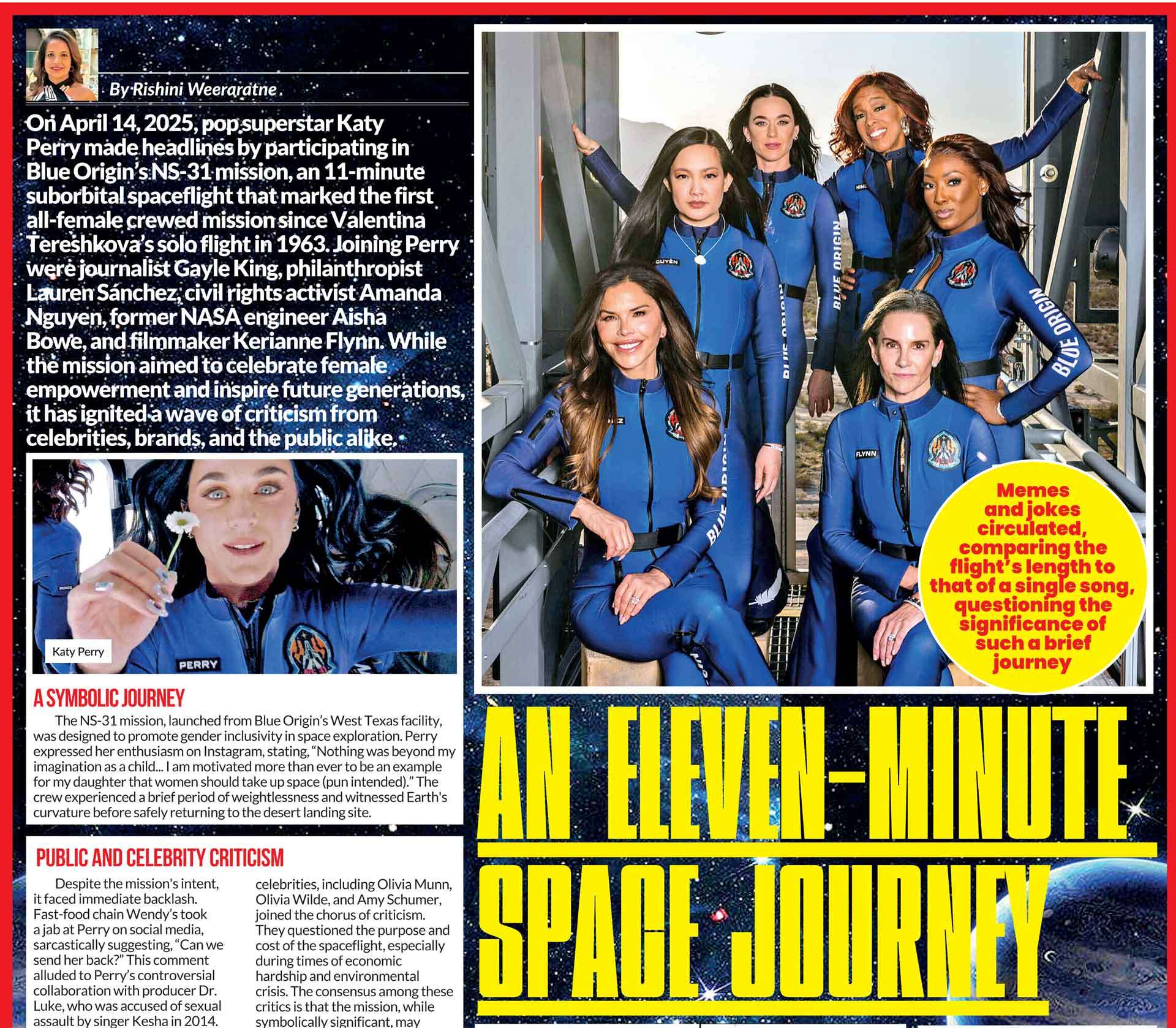We all experience moments in life when we feel completely unfocused, lack motivation, and can only seem to dwell on the negative aspects of life. These phases can be frustrating and difficult to navigate, leaving us searching for ways to regain our drive and clarity.
Are Self-improvement books useful?
This is very common question. But the answer is YES and NO.
Overall I’m fairly skeptical about this category. Personal growth is important, that’s for sure. It’s also very challenging. While we want to build this better version of ourselves, it also requires a lot of commitment and dedication. Successful people are usually very good at finding the motivation to take action based on what they read. For most people this is challenging and after reading a bunch of self-development books, they’ll end up with a lot of great conversation topics, but very little improvements to their lives. So, no matter if you want to live a happy life, be more focused on the present moment, lose weight, practice positive thinking, introduce good habits in your life, or break bad ones… all the personal growth books in this list will be useless if you don’t put a lot of effort in exercising the various strategies explained every single day until they become habits.
Okay enough talking, Here’s my list of the best self- improvement books in 2025.
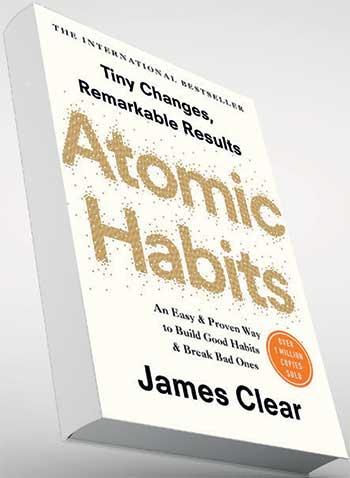 Atomic Habits
Atomic Habits
James Clear’s ‘Atomic Habits’ is a profoundly insightful self-help book that explores the deep connection between our habits and identity. With a research-backed, practical approach, Clear provides a fresh perspective on behavior change, making it an invaluable resource for anyone looking to improve their life. At the heart of the book are the Four Laws of Behavior Change; Make it Obvious, Make it Attractive, Make it Easy, and Make it Satisfying, which simplify habit formation into manageable steps. Rather than advocating for drastic transformations, Clear focuses on the power of small, consistent improvements, ‘atomic’ habits, that compound over time to create significant, lasting change. A standout concept in the book is identity-based habits, which emphasizes reshaping one’s self-image to align with desired behaviors. This shift from simply setting goals to becoming the type of person who embodies success makes habit change more sustainable. With an engaging writing style, relatable anecdotes, and actionable strategies, Atomic Habits offers a science-backed, structured approach to breaking bad habits, building better ones, and ultimately transforming one’s life.
Think and Grow Rich
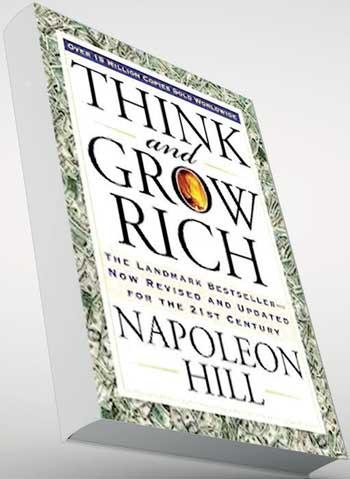 Napoleon Hill’s ‘Think and Grow Rich’ is a timeless classic in the self-help genre, offering profound insights into success, wealth-building, and personal development. Written during the Great Depression, the book remains relevant, inspiring generations with its powerful message that thoughts shape reality and that a prosperity-focused mindset is key to achievement. At the heart of Hill’s teachings are 13 principles, including desire, faith, autosuggestion, specialized knowledge, and persistence. Through compelling real-life examples, he illustrates how successful individuals have applied these concepts to reach greatness. His core premise, that wealth is the natural result of disciplined thought and action, is both inspiring and practical. While some readers may find Hill’s metaphysical discussions abstract, the book’s fundamental lessons on resilience, determination, and belief in oneself remain invaluable.
Napoleon Hill’s ‘Think and Grow Rich’ is a timeless classic in the self-help genre, offering profound insights into success, wealth-building, and personal development. Written during the Great Depression, the book remains relevant, inspiring generations with its powerful message that thoughts shape reality and that a prosperity-focused mindset is key to achievement. At the heart of Hill’s teachings are 13 principles, including desire, faith, autosuggestion, specialized knowledge, and persistence. Through compelling real-life examples, he illustrates how successful individuals have applied these concepts to reach greatness. His core premise, that wealth is the natural result of disciplined thought and action, is both inspiring and practical. While some readers may find Hill’s metaphysical discussions abstract, the book’s fundamental lessons on resilience, determination, and belief in oneself remain invaluable.
However, given its era, ‘Think and Grow Rich’ reflects the perspectives of its time, lacking inclusivity in its examples. Nonetheless, its principles transcend generations, making it a cornerstone of self-help literature that continues to empower readers worldwide.
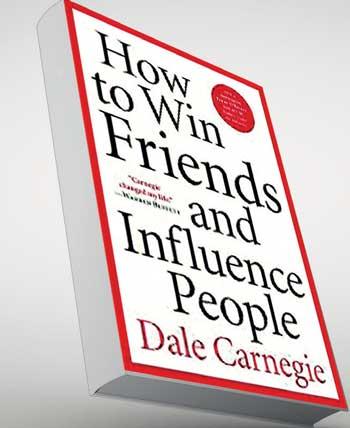 How to Win Friends and Influence People
How to Win Friends and Influence People
Dale Carnegie’s ‘How to Win Friends and Influence People’ is a timeless classic in personal development. With its engaging writing style and practical advice, this book remains one of the most influential guides on interpersonal relationships. Carnegie presents a set of simple yet profound principles for effective communication and relationship-building. He emphasizes the importance of empathy, active listening, and genuine interest in others. While these concepts may seem obvious, Carnegie’s insights and real-life examples showcase their transformative power. Some critics argue that the book leans toward manipulation or superficial charm rather than genuine self-improvement. However, when interpreted with balance, it becomes clear that Carnegie champions kindness, appreciation, and understanding as essential components of meaningful interactions. With its practical wisdom and enduring relevance, ‘How to Win Friends and Influence People’ continues to be a must-read for anyone looking to enhance their social skills and build lasting relationships.
Conclusion
Self-improvement is a lifelong journey shaped by timeless wisdom and diverse perspectives. Many of the most impactful personal development books were written decades ago, yet their lessons remain relevant today. Each book on this list offers unique insights, whether it’s understanding human psychology, embracing resilience, fostering better relationships, or redefining financial freedom. Together, they serve as both reflections of our inner world and roadmaps for meaningful change. Regardless of where you are on your personal growth journey, these books hold valuable lessons that can inspire transformation. Their teachings provide guidance, challenge limiting beliefs, and offer practical strategies to help you unlock your full potential.
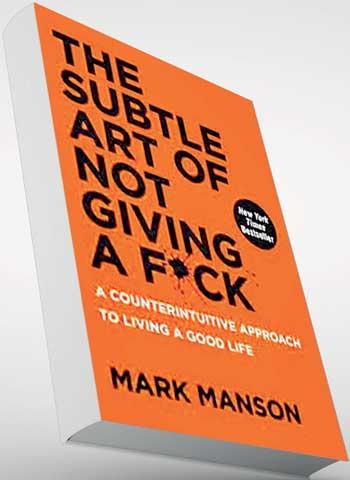 The Subtle Art of Not Giving a F**k
The Subtle Art of Not Giving a F**k
Mark Manson’s ‘The Subtle Art of Not Giving a F**k’ offers a bold, no-nonsense approach to personal development. With its candid, irreverent tone, the book challenges conventional self-help messages, arguing that relentless positivity can be counterproductive. Manson’s core idea is that our resources, time, energy, and attention, are limited, so we must carefully choose what truly matters. He encourages readers to embrace life’s struggles and accept that setbacks are an inherent part of growth.Unlike traditional self-help books that promise quick fixes, Manson presents a reality-based perspective on happiness and fulfillment. Some readers may find his blunt style abrasive, but beneath the humor and profanity lies profound wisdom about self-acceptance and personal responsibility.
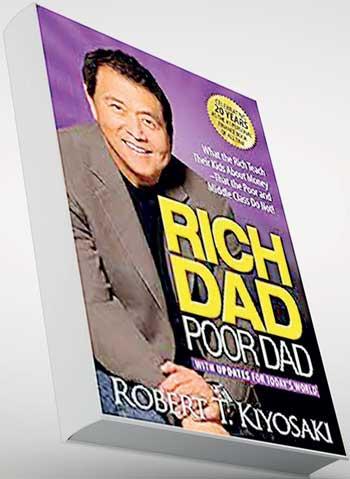 Rich Dad Poor Dad
Rich Dad Poor Dad
Robert T. Kiyosaki’s ‘Rich Dad Poor Dad’ has been a financial literacy staple since its publication. The book contrasts the financial philosophies of two father figures in Kiyosaki’s life: his biological father (Poor Dad) and his best friend’s father (Rich Dad). Through their differing approaches to money, career, and life, Kiyosaki offers a compelling perspective on achieving financial independence. A key takeaway from the book is the distinction between assets and liabilities. Kiyosaki emphasizes that true wealth is built by acquiring income-generating assets rather than accumulating liabilities that drain resources. This perspective challenges traditional views on money and encourages readers to rethink their financial decisions. While Kiyosaki’s accessible writing style and anecdotal approach make financial concepts easy to grasp, some critics argue that the book lacks concrete, actionable steps. Additionally, skepticism surrounds the accuracy of Kiyosaki’s personal anecdotes. Despite these criticisms, ‘Rich Dad Poor Dad’ serves as a powerful introduction to financial education, promoting entrepreneurial thinking and wealth-building strategies. For those seeking financial freedom, this book provides an eye-opening shift in perspective.










